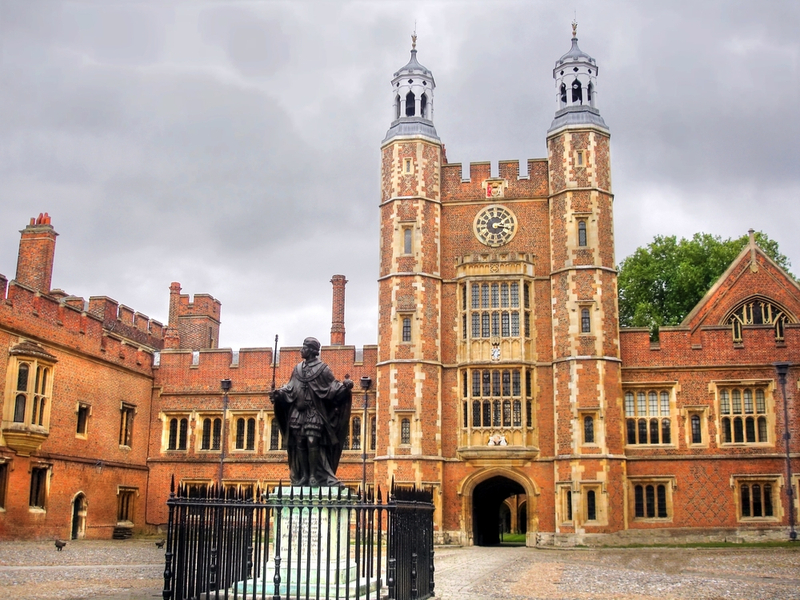13+ Tuition
13+ examinations, often referred to as 13+ Common Entrance examinations, are entrance examinations for the admittance of pupils into Year 9 in some London day schools and boarding schools throughout England. The content, structure and expectations of this exam can vary hugely between schools with very little common ground between schools on what they are assessing or expecting.
The first thing to ask is whether the school is setting their own paper, or using the Common Entrance (CE) papers set by the Independent Schools Examination Board (ISEB). Schools using their own exams tend to be more academically prestigious, and so these exams are normally of a higher difficulty level. With many more applicants than the limited places available, the pass mark will vary from year to year with these schools. 13+ tuition could be vital in helping students succeed in these very selective exams. Schools will sometimes publish specimen papers, but this is by no means a universal practice.

Common Entrance 13+ examinations are set by the Independent Schools Examinations Board (ISEB) and are used as part of the admissions process for selective secondary schools for entry into Year 9.
Sat across a four-day period, the ISEB Common Entrance 13+ exams can take place in either the November, January or May/June of Year 8 (when pupils are aged 12-13), prior to the September when they will enter secondary school. Pupils normally sit the exams in their current school, before the papers are marked by the secondary school to which a candidate is applying according to the ISEB marking scheme or the school’s own entry criteria. ‘If the first-choice school decides not to admit the pupil, their papers can be sent on to their second choice school, and they can assess them for entry,’ according to Ann Entwisle, ISEB chief administrator.
Many boarding schools use ISEB 13+ Common Entrance exclusively, in a full range of subjects, while others require Common Entrance exams in the core subjects: English, Maths and Science, plus a modern language, alongside their own papers in other subjects, such as humanities.
Children are usually required to take Common Entrance exams in a range of other subjects selected from:
